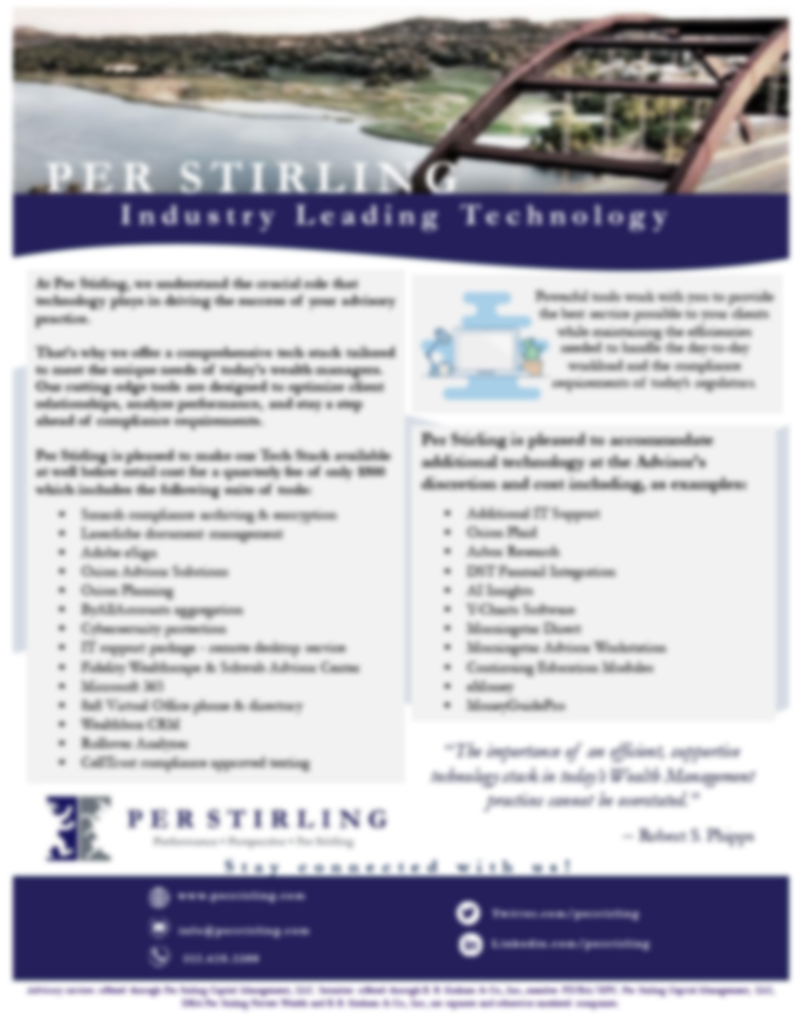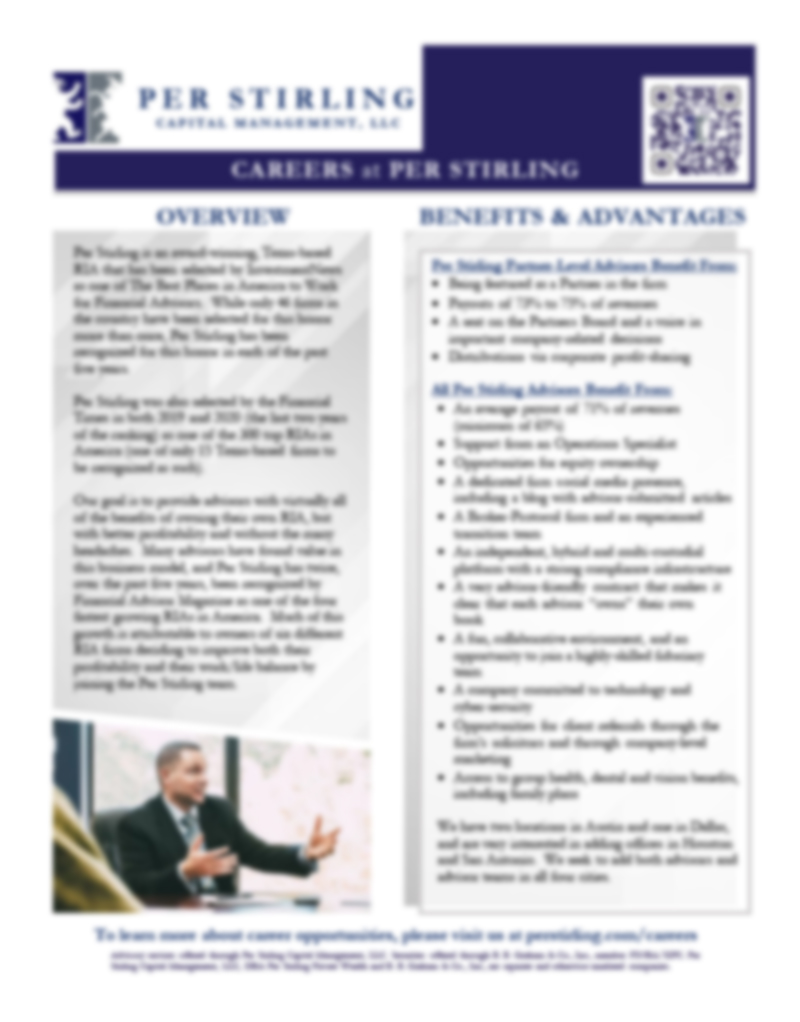11
NovemberYoung Physicians: How Financially Prepared Are They?
This post comes from Per Stirling Financial Advisor, Ronsey Chawla, MBA.
The insurance subsidiary of the American Medical Association recently published a study detailing the financial state of young physicians in America today, aptly titled “2015 Report on U.S. Physicians’ Financial Preparedness: Young Physicians Segment.” Though it clearly has its own viewpoint, the report does share noteworthy financial themes for young physicians at an early stage in their professional careers.
Physicians have a unique set of personal financial challenges distinct from many of their professional contemporaries: a late start to their careers, liability concerns, staggering debt, and limited personal finance education. In addition, young physicians (those under 40) tend to be behind the curve when it comes to financial planning. For instance, the AMAI report estimates $71,000 in lost savings for these physicians while in training when compared to their undergraduate peers who have advanced in their own careers during this same period.
Other noteworthy facts from the study:
- Nearly half of the respondents would prefer working fewer hours.
- About 40% want to retire before 70.
- After ensuring a comfortable retirement for themselves, funding their children’s education is the next top priority.
- An overwhelming majority of young physicians have less than $50,000 in their emergency fund.
- Less than 25% of physicians under 40 have an updated will, powers of attorney, medical, and end-of-life directives.
- 75% graduate with medical school debt, averaging $150,000 to $200,000.
- 89% of physicians under age 40 feel only somewhat or not adequately prepared in the event of a disability that would leave them unable to practice medicine.
- Only 5% consider themselves knowledgeable about personal financial issues.
Given these staggering statistics, what should young physicians do to work towards a more secure financial situation? Some initial steps include:
- Plan to save 20-25% of your gross income. If that amount isn’t feasible at first, start somewhere and then work towards this goal.
- Pay yourself first. Once you adhere to this approach, many of the remaining competing budget priorities tend to sort themselves.
- Have an adequate emergency fund to cover pure emergencies, as well as select “opportunities.”
- Include financial education as part of your routine CME; understand the business of medicine and how to mitigate personal financial risk.
- If you cannot do it yourself, collaborate with a fiduciary advisor (a knowledgeable, client-centric professional who is duty-bound to always act in your best interest) experienced in working with medical households to develop your personal financial plan.




